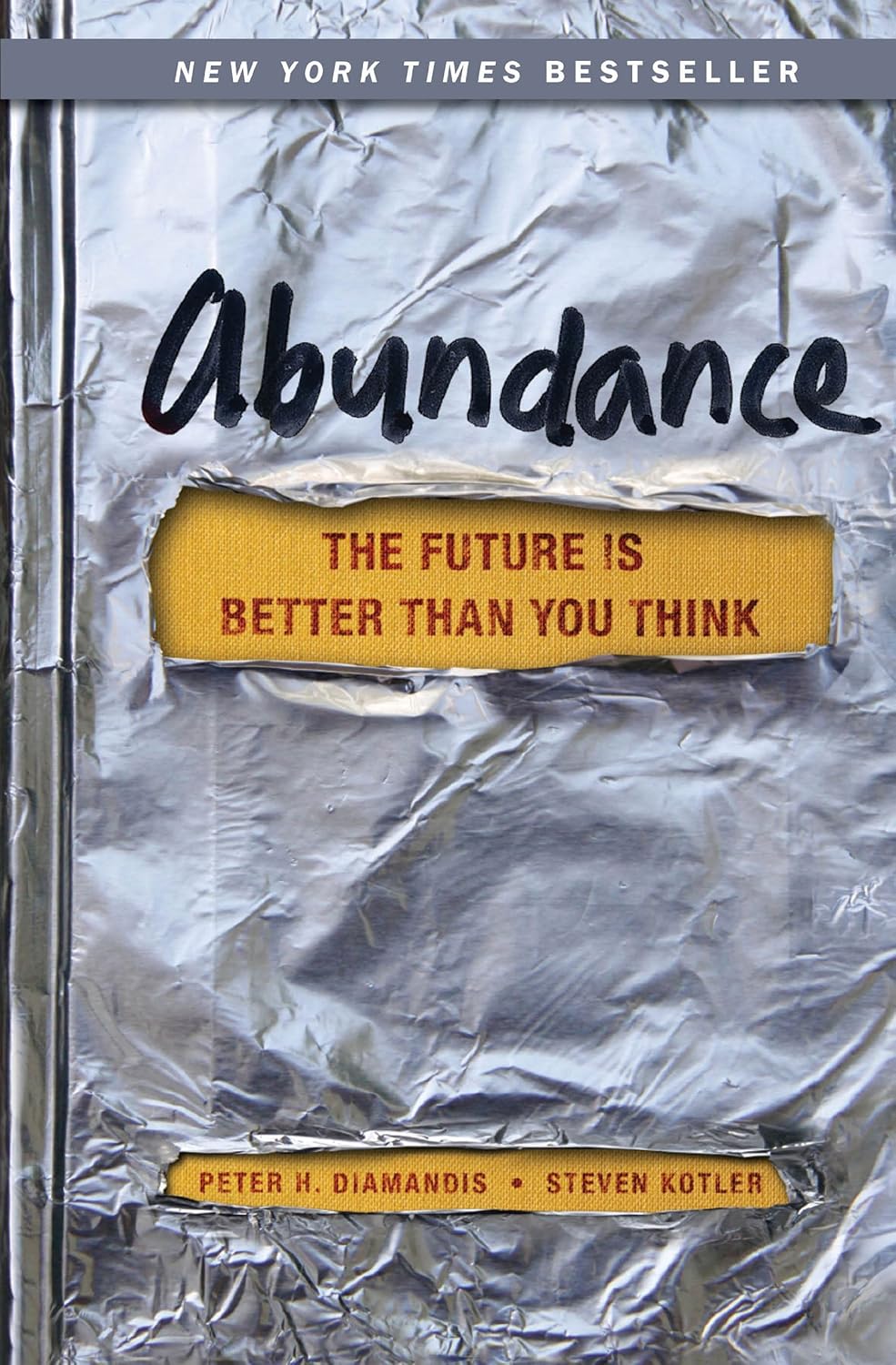zhliu0124 reviewed Abundance by Peter H. Diamandis
Review of 'Abundance' on 'Goodreads'
4 stars
I have almost been persuaded by the author that the future is promising. But it's an illusion to believe that the advances of technologies alone would be able to save humanity. You cannot save the poor people by just giving them plenty of fresh water and by selling them cheap phones. These ideas are just rich people's wishful thinking. To have a better life for those poor people, the whole structure of their society has to be changed.
I have almost been persuaded by the author that the future is promising. But it's an illusion to believe that the advances of technologies alone would be able to save humanity. You cannot save the poor people by just giving them plenty of fresh water and by selling them cheap phones. These ideas are just rich people's wishful thinking. To have a better life for those poor people, the whole structure of their society has to be changed.



